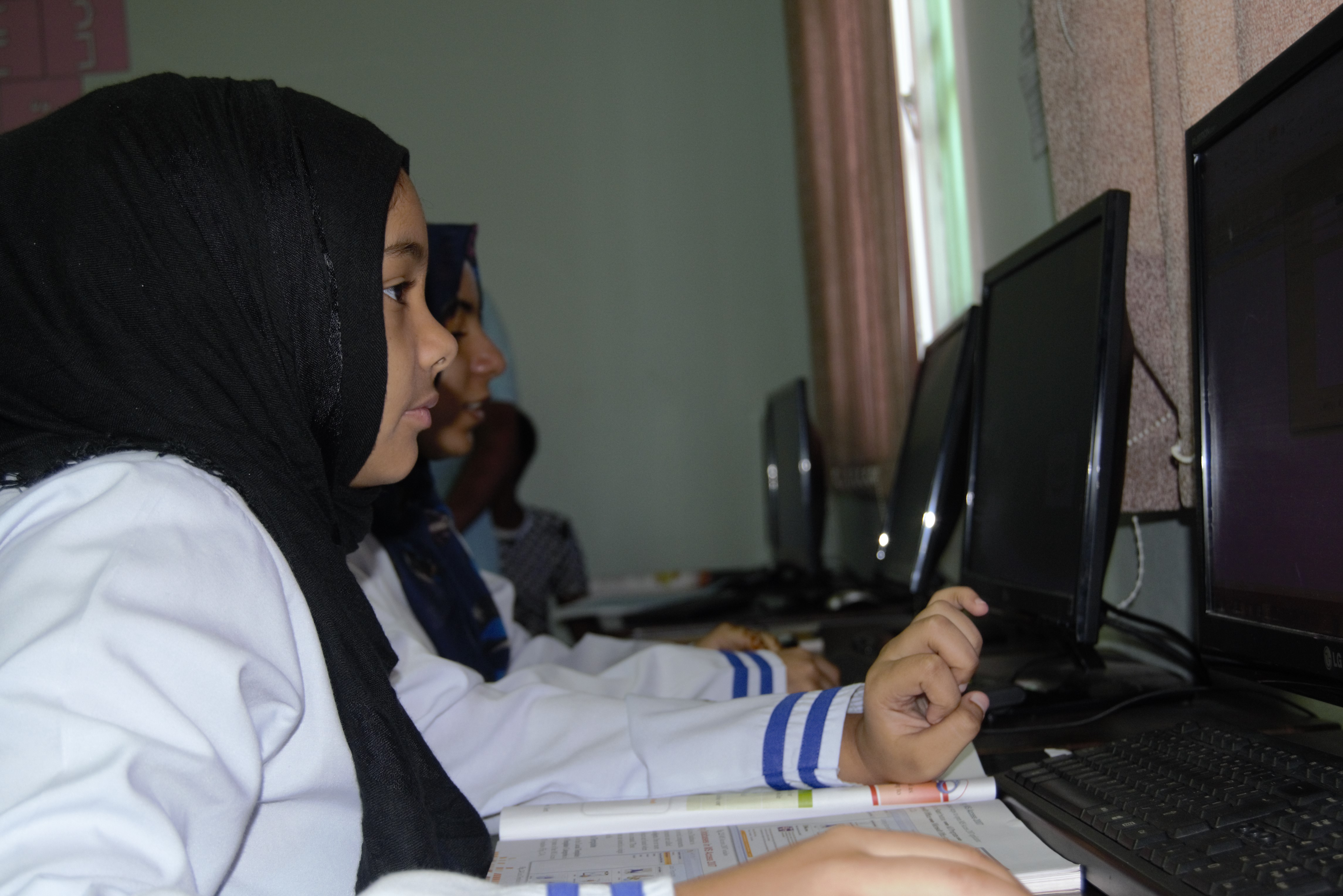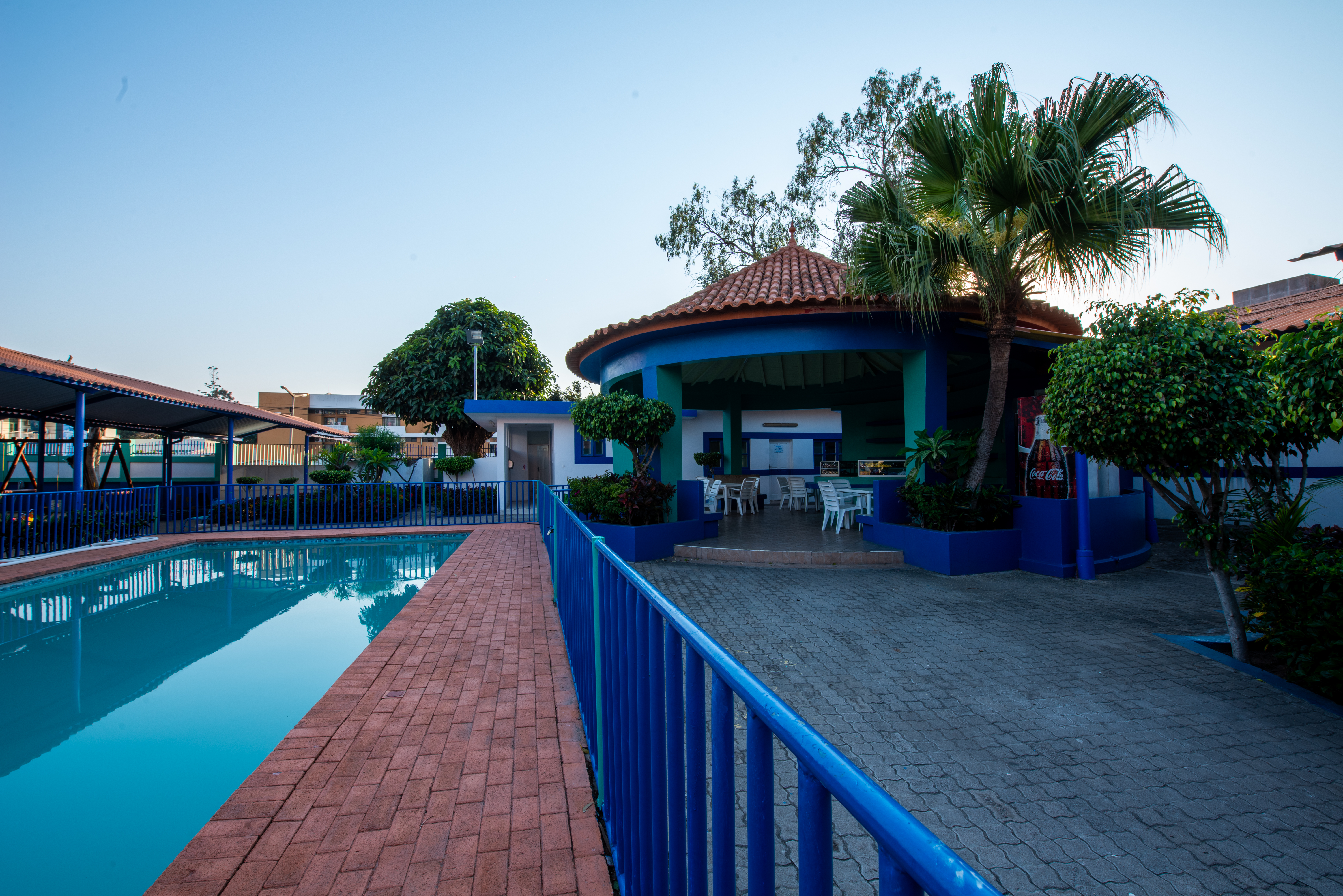CAMBRIDGDE CURRICULUM
Cambridge IGCSE Curriculum
* Private Candidates Entries for Cambridge IGCSE Exams are accepted at PCS.
The Cambridge IGCSE curriculum offers a variety of routes for learners with a wide range of abilities, including those whose first language is not English.
We help schools build a curriculum around their specific needs. Starting from a foundation of core subjects, it is easy to add breadth and cross-curricular perspectives. Encouraging learners to engage with a variety of subjects, and make connections between them, is fundamental to our approach.
For schools, Cambridge IGCSE offers a flexible and stimulating curriculum, supported with excellent resources and training.
For learners, Cambridge IGCSE helps improve performance by developing skills in creative thinking, enquiry and problem solving. It is the perfect springboard to advanced study.
There are over 70 subjects available at Cambridge IGCSE, including 30 languages, and schools can offer them in any combination. Cambridge IGCSE develops learner knowledge, understanding and skills in:
- Subject content
- Applying knowledge and understanding to new as well as unfamiliar situations
- Intellectual enquiry
- Flexibility and responsiveness to change
- Working and communicating in English
- Influencing outcomes
- Cultural awareness.
Schools worldwide have been involved in the development of Cambridge IGCSE. The syllabuses are international in outlook, but retain a local relevance. They have been created specifically for an international student body and avoid cultural bias.
Find out more about Cambridge IGCSE subjects.
What is the difference between IGCSE Core and IGCSE Extended?
To take into account differing abilities, there is a choice between Core and Extended curriculum papers in some subjects.
The Core curriculum is within the ability range of a large majority of students. It provides a full overview of the subject and is targeted at students expected to achieve grades C to G.
The Extended curriculum has been designed for the more academically able. It is targeted at those expected to achieve grades A* to E.
What is the difference between IGCSE Core and Extended?
To take account of differing abilities, there is a choice between Core and Extended papers in some IGCSE subjects. This allows teachers to decide on the most appropriate level of papers for their students.
The Core curriculum in each subject is within the ability range of a large majority of students. It provides a full overview of the subject and is targeted at students expected to achieve grades C to G.
The Extended curriculum, made up of the Core curriculum and the Supplement, has been designed for the more academically able and leads naturally into higher education or professional training. It is targeted at those expected to achieve grades A* to E. The Supplement describes the extra topics or depth which must be added to the Core curriculum to produce the Extended curriculum.
Students do not need to enter for the same level of curriculum in all subjects.
Target Grades Grades Available
Core Curriculum C D E F G
Extended Curriculum A* A B C D E
The overlap of three grades (C, D and E) is designed to accommodate students who perform either better or worse than their teachers expect. Students who fail to meet the minimum satisfactory standard for either the Core curriculum (Grade G) or the Extended curriculum (Grade E) will be ungraded.
In some subjects, the exam covers the complete ability range and there is no choice of Core and Extended papers. For these subjects, the full range of grades is available.
It is important to remember that Core covers grades C to G and Extended covers grades A* to E. If a student is securely in the ‘middle’ of the range, only the Extended tier will offer the grades the student may be capable of achieving. Students are not able to achieve above a C for their syllabus grade if they are entered for the Core curriculum.















